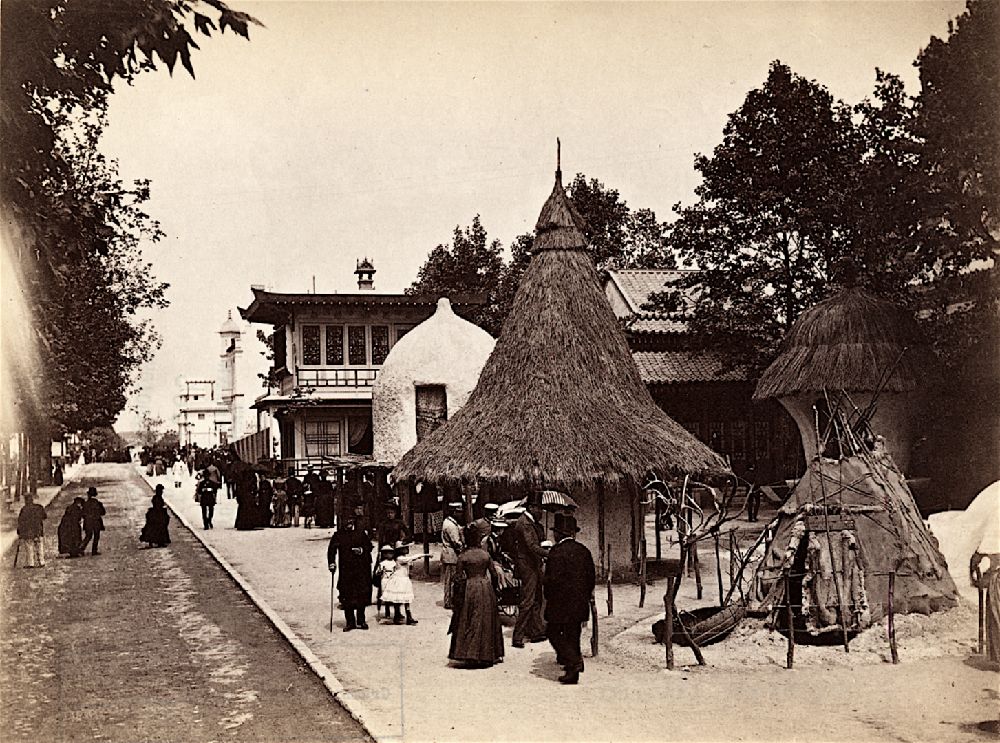I was a child when Namibia became the last African country to obtain its independence, on 21 March 1990. Since then, most African and Asian countries have been exercising self-governance and national sovereignty. Many people would argue that, in its political phase, the decolonising process has now ended – that the guilt some white westerners might have felt is therefore anachronistic.

Ongoing economic colonialisation
However, political decolonisation via the fight for independence was just the first step in rebalancing the skewed world organisation inherited from colonisation. Too many countries and their people are far from enjoying the same level of freedom and comfort that we enjoy in high-income countries in Europe. Indeed, according to the Chief Strategic Officer of Human Rights Foundation, Alex Gladstein, economic colonisation is still very much alive (Gladstein, 2023).
Decolonising the mind
What is more, we have to re-examine Western attitudes. In fact, I am upholding the view that we have only just started a new ideological deconstruction: that of decolonising the mind (a term coined by the Kenyan essayist and novelist Ngũgĩ wa Thiong'o in 1986). Decolonising the mind is the first step; if we keep investigating, a whole new world of ideas appears. I am being pragmatic when I believe that it will take decades to purge our mindset of six centuries of persistent and active domination coupled with the destruction and oppression of other people’s cultures, ways of life, natural resources, environment and languages.
In order to deconstruct colonisation as an ideological system, we need to look at our society and peel back its layers in order to reach its core. Each layer corresponds to a set of social mores; an economic status; a plethora of advantages, inherent privileges and even what we perceive as our successes. And each layer has to be examined under a new lens: the lens of universal values such as equity, respect and tolerance.
Decolonising education
As a professional educator, I am engaged in this reassessment of what was previously dogmatic thinking. It took me many years to become self-aware. It was only at university that I was exposed to women's history and protofeminism, and my first black teacher was a lecturer at Goldsmiths University in 2020. Until then, I had spent most of my student days reading about white, educated, middle-class European males and their successes, interests and contributions.
I had never felt represented as a working-class woman of colour.
In order to decolonise my own education, I had to spend time thinking about all the assumptions I had never questioned. When we studied important male political figures, what system of thoughts and beliefs were we promoting? That is to say, when we focus on Napoleon, Churchill, Henry VIII and Stalin, who are we putting aside?
As a teacher wanting to enrich the curriculum I am working on, I had to reflect on my daily practice, and I am now asking you to do the same.
The questions we have to ask ourselves in our working lives are the following:
- What is it we are trying to achieve in our daily lives?
- What are the objectives we want to achieve in the way we educate our children?
- Which undercurrent are we promoting when we choose to study one aspect of history, literature or languages rather than another one?
- What sort of society do we want our children to grow up into?
What a decolonised lesson might include
Begin with a lesson starter or a ‘Do now’ by selecting a contemporary picture from a news website. You can ask your students to practise for the GCSE MFL picture description task using the PALMM acronym to describe the picture, but you can also allow them to exercise critical thinking by asking them to give their opinion on the picture and making them question the status quo.
For instance, in this picture in Odessa in 2022, the French Republican motto is clearly visible as graffiti on the wall. Ask your students why they believe Ukrainians use it when facing the Russian army.
Using maps is also essential to counterbalance the western bias in cartography. For instance, the Mercator map is biased in the way it represents the shape of continents, but we also create a biased map when we put the UK at its centre. Showing a world map with New Zealand at the centre is a good way to demonstrate our reductive world view. Ask students if they can still identify and name the countries and challenge them to consider why most maps are centred on Britain.

To see an example of a decolonised MFL resource, download Maud Waret’s A-level French reading comprehension La Tour Eiffel, le symbole de la France.
Decolonising education is the first attempt to prevent the next generation from accepting the old gospel such as the ‘white man’s burden’, the ‘noble savage’, the childlike ‘innocence’ of indigenous people or their ‘inability to self-rule effectively’.
However, our ultimate goal is to question the economic system we still condone – the one based on a relentless cycle of predation, greed, extinction of natural resources, and poverty.
Bibliography
Bhopal, K. (2018, April 6). White privilege. Policy Press.
Givens, T. E. (2022, January 25). The Roots of Racism. Policy Press.
Gladstein, A. (2023, April 13). Hidden Repression: How the IMF and World Bank Sell Exploitation as Development. Bitcoin Magazine Books.
Jivraj, S., & Simpson, L. (2015, May 13). Ethnic Identity and Inequalities in Britain. Policy Press.
Thuram, L. (2021, October 29). White Thinking. Legend Press Ltd.
Wesseling, H. (1987, July). Towards a History of Decolonization. Itinerario, 11(2), 95–106. https://doi.org/10.1017/s0165115300015473
